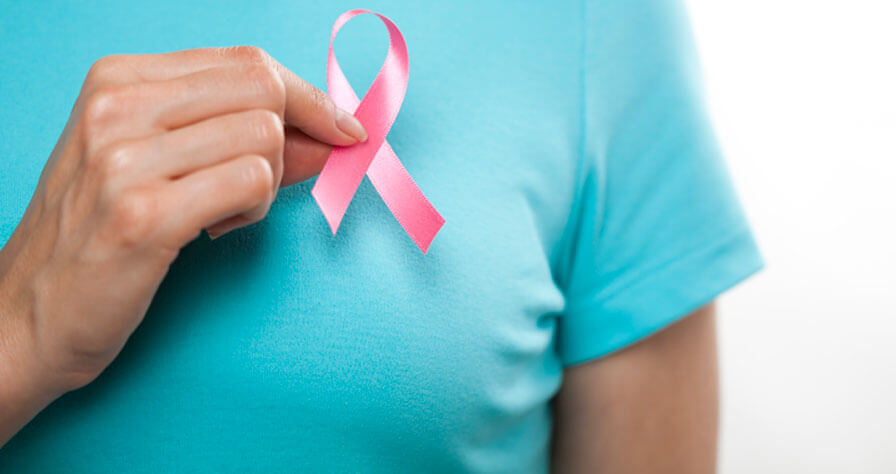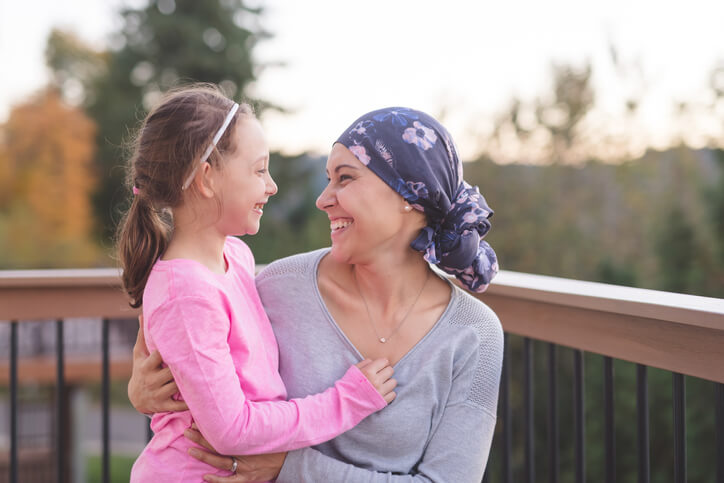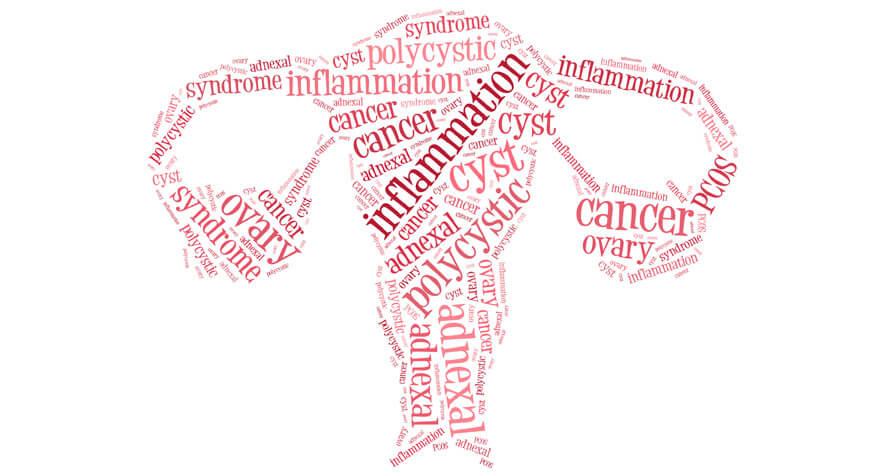BRCA1 & BRCA2 Genes

Up to 10 percent of breast cancers are thought to be hereditary, caused by abnormal genes passed to you from either parent. The most common cause of hereditary breast cancer is an inherited mutation in the BRCA1 and BRCA2 genes (Breast Cancer genes 1 and 2).
Everyone has BRCA1 and BRCA2 genes. BRCA genes help repair cell damage and keep your breast cells growing normally. But when these genes contain abnormalities or mutations that are passed from generation to generation, the genes don’t function normally and your breast cancer risk increases.
The chance that you have a BRCA1 or BRCA2 gene mutation is greater if:
- You had breast cancer at an early age
- Your mother, sister or daughter had breast cancer at an early age or ovarian cancer at any age
- A woman in your family has had breast and ovarian cancer
- A woman in your family has had breast cancer in both breasts
- A man in your family has had breast cancer
- Your family is of Ashkenazi Jewish (Eastern European) descent.
The average woman in the U.S. has a 12 percent (one in eight) risk of developing breast cancer in her lifetime. If you have an abnormal BRCA1 gene that risk can rise as high as 80 percent (the average range is 55 to 65 percent). If you have an abnormal BRCA 2 gene your risk is lower (45 percent). If you have an abnormal BRCA1 or BRCA2 gene, you also have an increased risk of developing ovarian, colon, pancreatic and thyroid cancers, as well as melanoma.
Breast cancers associated with an abnormal BRCA1 or BRCA2 gene tend to develop in younger women and occur more often in both breasts than cancers in women without these abnormal genes.
If you are concerned about BRCA genes, your family’s history of cancer or other cancer risk factors, take our free breast cancer health assessment.



